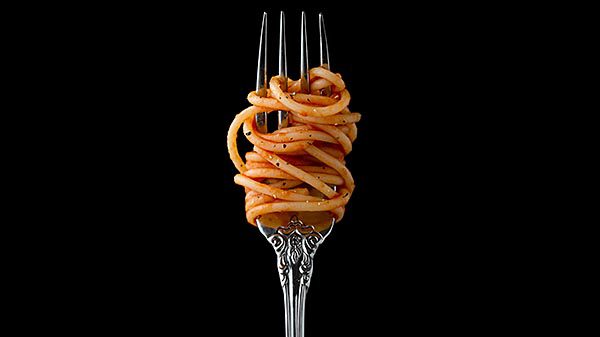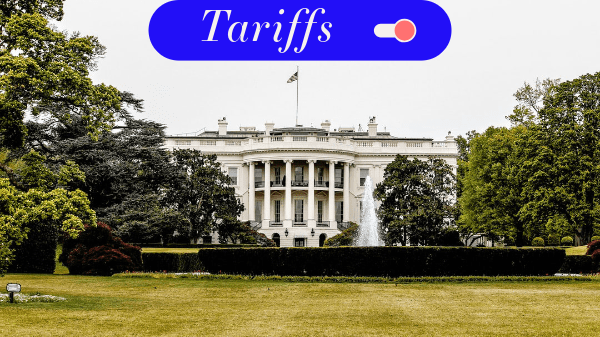Welcome to Blue Book!
Are you ready to join the thousands of companies who rely on Blue Book to drive smarter decisions? View our plans and get started today!
Still have questions? We’d love to show you what Blue Book can do for you. Drop us a line– we’ve been waiting for you.

I’m getting tired of my Italian Facebook friends. They keep posting photos of dazzling restaurant dishes that are only a dim dream to those of us out on the Illinois prairie.
Italians are justly proud of their food. So we see stirrings of gastronationalism — “the use of food and its history, production, control, preparation, and conumption as a way of promoting nationalism and national identity” — in that venerable country, stimulated by the right-wing governing coalition led by Giorgia Meloni.
I learn this from Worldcrunch, citing the French daily Les Echos: “Rome has been strongly opposed to synthetic foods, insect-based flours and health warnings on alcohol, and aggressive lobbying by Giorgia Meloni’s right-wing government against nutritional labeling has prompted accusations in Brussels of ‘gastronationalism.’”
In March, Italian minister of agriculture and food sovereignty Francesco Lollobrigida (great-nephew of the famous actress Gina and brother-in-law to Meloni) announced that Italy would also ask UNESCO to declare Italian cuisine a piece of intangible cultural heritage. Lollobrigida also announced that Italy would ban the production, import, and marketing of laboratory-made foods, especially artificial meat.
A few days after this request, Alessandra Mussolini (granddaughter of the Fascist dictator, and incidentally the niece of Sophia Loren), a deputy to the European Parliament, caused a sensation by organizing a wine tasting on the sidelines of a parliamentary plenary session, under the slogan “In vino veritas” (“In wine is truth”) to oppose her government’s opposition to an Irish proposal to put health warning labels on alcohol bottles. The glamorous Mussolini (an adjective never applied to her grandfather) got big applause drinking wine straight from the bottle.
The Italian government has also banned the use of insect-based flours in pizza and pasta and required supermarkets to sequester them far from conventional flour.
All in all, my sympathies lie with the Italian gastronationalists. Unlike my colleague Greg Johnson (“Eating insects is just too gross for me”,) I did have a candied grasshopper once in a San Francisco sushi bar, although it was preceded by a huge amount of sake. Even so, I can indefinitely defer the addition of insect products to my diet.
It’s just as well that gastronationalism hasn’t caught on with the American right wing. I don’t know what they would seize on if it did. I can see why chili is the state dish of Texas, but as a New Englander, I will always consider it primarily a regional item.
For American gastronationalistic authenticity, you should probably look at pie. People still, I guess, sometimes say, “as American as apple pie,” and in his Secret History of Food, Matt Siegel shows how pie was a big deal in early America.
Siegel quotes one R.K. Munkittrick, writing in 1891: “The great beauty of an apple pie breakfast, aside from its power to generate indigestion, lies in the fact that it doesn’t leave behind a number of dishes thickly encrusted with ham grease to be cracked off with a hammer or melted off over a candle.”
The “indigestibility” of pie was frequently cited as an asset in the nineteenth century; updating the term, I suspect it was referring to what we could call “high fiber content.”
Probably time for a renaissance in pies. Stuffed with lots of fresh fruit.








